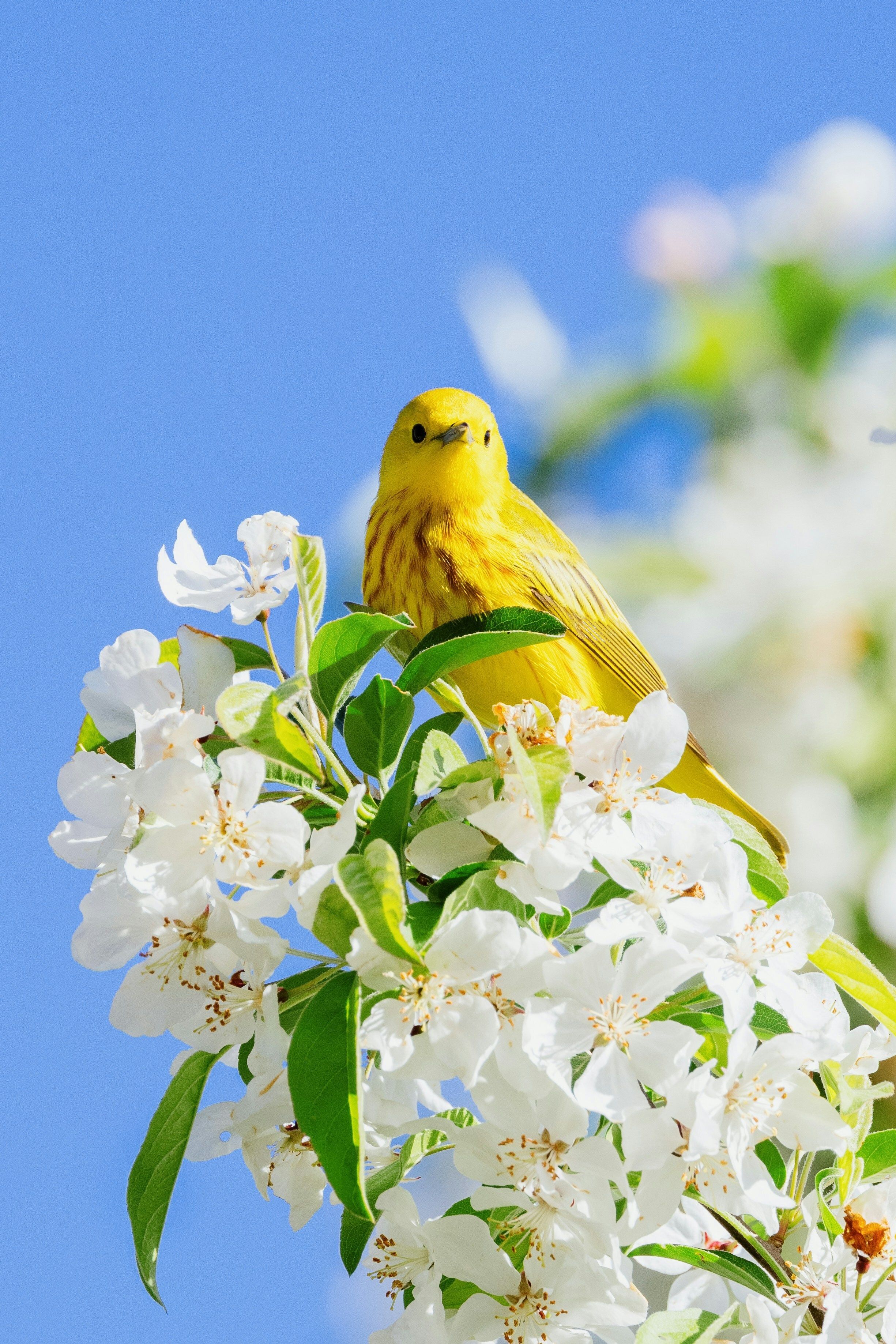
3/22/2024
Hello from Westfield Quality Care of Aurora.
The residents played a new game today, Leap Frog. The residents roll the dice, and the corresponding frog moves a space, the frog’s number that gets rolled the most wins. The residents all picked which frog they thought would win. We had a wonderful performance from Mike McCracken from Merry Makers, you did a great job, and the residents love it when you come and perform for us. Thank you Kash for bringing in your puppy, the residents love when we have animals come to visit.
For our COVID update this week there are no COVID positive residents or staff. Our facility remains open, and residents are able to participate in regular activities. Please remember to wash your hands frequently and use hand sanitizer often. If you have any COVID symptoms please stay home and take care of yourself, we will take good care of the residents, so you do not have to worry. I want to thank everyone that has been visiting and helping to keep our loved ones safe.
Here are some interesting facts about spring:
In Spring days are getting longer. During Spring the Earth’s axis is tilted toward the sun which causes the length of daylight to increase at the hemisphere that approaches the warm planet.
In Spring weather is getting warmer. The daylight hours increase resulting in a temperature increase which results in warmer weather.
In Spring flowers grow faster and bloom. Plants respond to temperature and light. Increased temperatures as well as day length have a major influence on the growth and flowering of many plant species.
In Spring animals have babies. For most middle latitude animals Spring is the time when their newborns have the best chance of survival due to mild weather and food abundance.
In Spring baby birds learn to sing. Songbirds learn to sing by hearing their species’ song when they are young and during the first stage of learning they babble more or less like human infants do.
Best regards,
Michelle Broekemier

